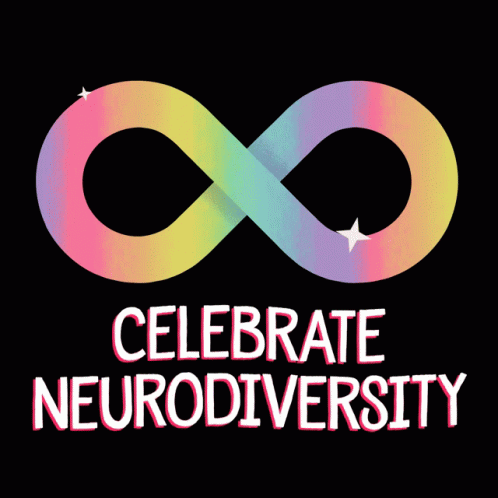Community /
Autism Support Forum
About Us
Get Started
Talk to an expert therapist
Professional and empathetic!
Reviewed Dec 29, 2024
Talk to Carmichah Now

2 days ago

November 26th, 2024

October 24th, 2024

2 days ago

October 8th, 2024

September 3rd, 2024


June 27th, 2024

May 17th, 2024

April 22nd, 2024

April 3rd, 2024


December 1st, 2023

November 11th, 2023

September 30th, 2023

September 21st, 2023


September 19th, 2023
Autism All blue and underlined text is clickable
Welcome to Autism! This is a safe, supportive and inclusive space for you to discuss everything and anything related to Autism. Our main goal is to support everyone that stops by and make this sub community one that is inclusive!
What are the different forum topics for Autism?
Community Space: A place for icebreakers, introductions, discussions and community check-ins.
Discussions & Resources: Want to get involved in the latest discussions? Find them here!
Living with Autism: Do you live with autism? Talk about your experiences here.
How can I help?
You can help us by simply responding to threads and sharing your story (if you're comfortable). Check-in with us, join a discussion, or start one! Alternatively, you can join us as a Forum Leader. Check out this thread for more information.
Helpful Threads
Taglist: Do you want to stay up to date with our community? Then join our tag list to be notified whenever there is a new discussion or update within the community!
Help! I still have a question!
If you need help, feel free to contact a community leader or post here, and someone will contact you!
Autism FAQ
Are there any sub-community-specific guidelines that we need to adhere to?
You can find Sub-community-specific guidelines below, which you should follow in addition to the general forum guidelines.
Is this sub community just for people who have been diagnosed with Autism?
Nope! Everyone is welcome here! Whether you have been diagnosed or not, feel free to come pull up a chair and join us! This space is inclusive and no matter your story, we would love for you to be here
How do I navigate the sub-community?
You can find a handy guide here on how to find your way around our forum.
I have another question…
We love questions! You can ask your questions in this thread and someone will respond to you as soon as possible.



















